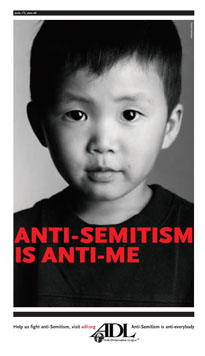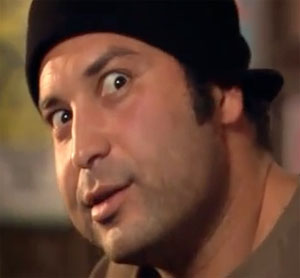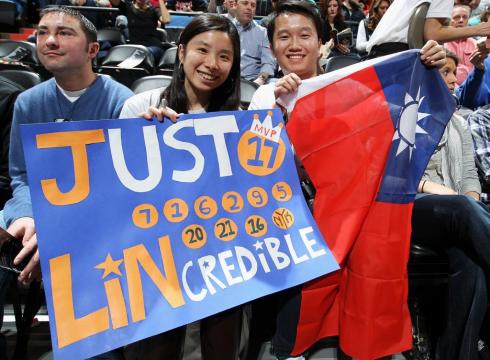In honor of the upcoming release of our new YA anthology, Diverse Energies, we thought we’d put together a list of dystopias with diversity. For the purposes of this list, our definition of diversity is: 1.) A book with a main character of color (not just secondary characters), or 2.) A book written by an author of color. Of course, all types of diversity are worth celebrating, so if you know of other diverse dystopias (with, for example, LGBT diversity) please share them in the comments as well.
Note: I have not personally read all of these books, but have tried to confirm the inclusion of diverse main characters whenever possible. However, mistakes are bound to be made, so if you’ve read something and don’t think it belongs on this list, please let us know. Likewise if we’ve missed something that should be here.
If you’re a visual learner, the whole thing is on Pinterest:
And now, onward:
Above World, by Jenn Reese: (middle grade) In this dystopia, overcrowding has led humans to adapt so that they can live under the ocean or on mountains.
The Boy at the End of the World, by Greg van Eekhout: (middle grade) In this dystopia, the last boy on earth teams up with an overprotective broken robot to survive.



 Independence ”that all men are created equal,” and over time equal rights have been gradually extended to different groups of people. However, equality has never been achieved without heated debate, despite our country’s founding principle that all people are created equal in the first place.
Independence ”that all men are created equal,” and over time equal rights have been gradually extended to different groups of people. However, equality has never been achieved without heated debate, despite our country’s founding principle that all people are created equal in the first place. vehemently demanded the right to vote, think it was fine for African Americans to be denied this same right? It depends. My theory also includes the caveat that empathy for others does not always translate into citizens banding together for the greater good. Then again, the social evolution of the United States is progressing. This progression is the reason the language and message of equality remains relevant.
vehemently demanded the right to vote, think it was fine for African Americans to be denied this same right? It depends. My theory also includes the caveat that empathy for others does not always translate into citizens banding together for the greater good. Then again, the social evolution of the United States is progressing. This progression is the reason the language and message of equality remains relevant.
